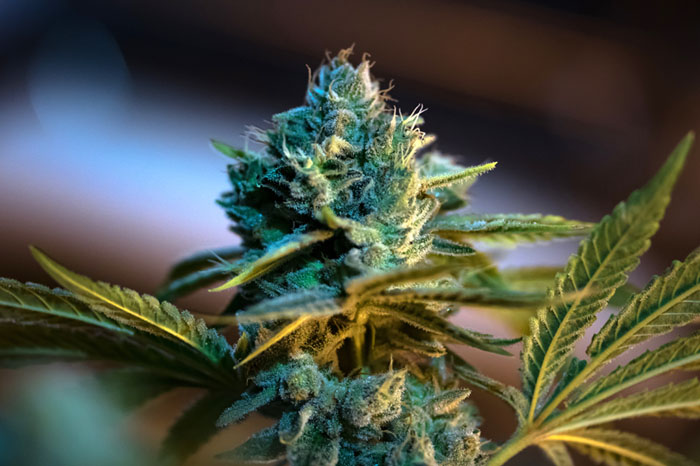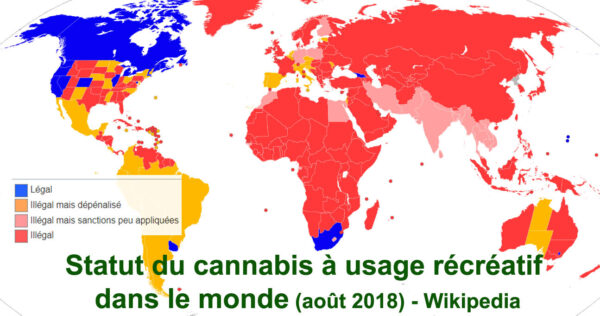Have a question? 06 70 73 89 02
🔞 Not for sale to under 18s
🔥 It's our anniversary: 30% off with the code 7YEARS!!! 🥳 ( excluding accessories and gummies)
Have a question? 06 70 73 89 02

CBD Weed, CBD Herb, Cannabis light, Therapeutic Cannabis*, 420 Herb, etc.: It's not easy to find one's way through this jungle of names for CBD. While some names may emphasize one aspect of CBD, other names unfortunately often confuse the general public.
Before reviewing the main terms we use, let's take a quick look at the differences between 3 important concepts to help us get to grips with our article.
* French law prohibits the sale of CBD flowers with a "therapeutic cannabis" label. Our products are not medicines.
"Weed" is an English term meaning "weed / wild grass" (examples: dandelion or couch grass). In slang, it sometimes refers to tobacco, and often to cannabis herb (drug). Weed CBD" would be an additional/complementary term for CBD flowers.
Cannabis light: This term, often used by the press, refers to the main difference between cannabis and CBD, namely a low THC content (the molecule that makes you high). This reference to cannabis is misleading, as CBD (cannabidiol) is neither addictive nor high[1].
Again, the press uses this term quite frequently to refer to CBD. This name refers to the fact that CBD is legal in the EU due to its low THC concentration.
However, referring to CBD as legal cannabis is misleading, since on the one hand it doesn't have the THC content of cannabis, and on the other, real cannabis (THC between 5% and 30%) is legal in some parts of the world[2] (particularly Canada and the western USA). This "legal" cannabis is cannabis, not CBD.

Cannabis thérapeutique: With this name, as with the expression "legal cannabis" above, we don't know whether we're talking about CBD (THC below 0.2% in Europe and >1% in Switzerland) or the cannabis that can be found in coffee shops in Amsterdam. It lumps together a product classified as a (soft) drug and CBD, a product not classified as a non-narcotic[3]. This designation excludes only cannabis for recreational use (the pleasure of getting high).
Cannabis CBD: For some, this term seems to specify that it refers to the CBD variety of the cannabis plant. For others, the term stands side-by-side with two opposing terms: One is legal and the other classified as a drug (high).